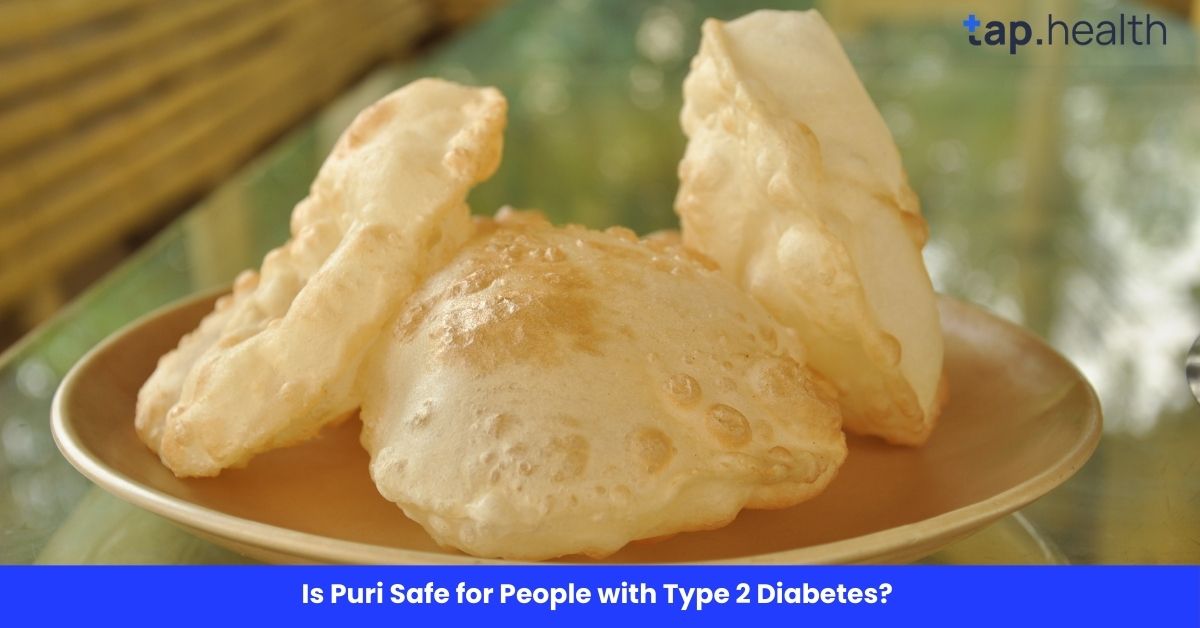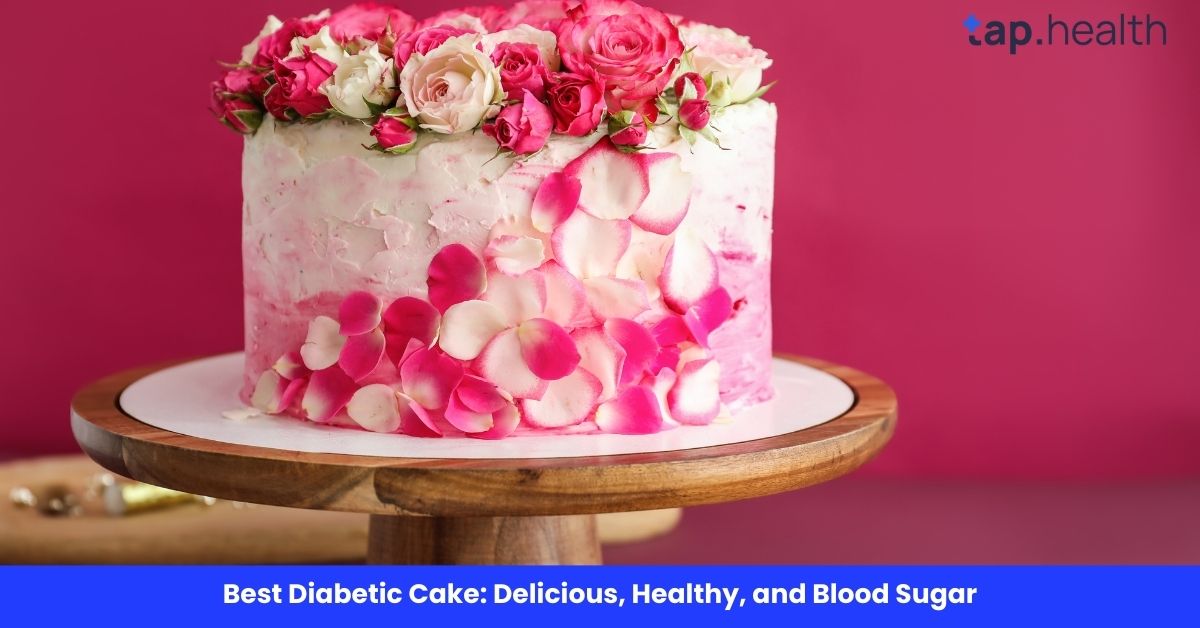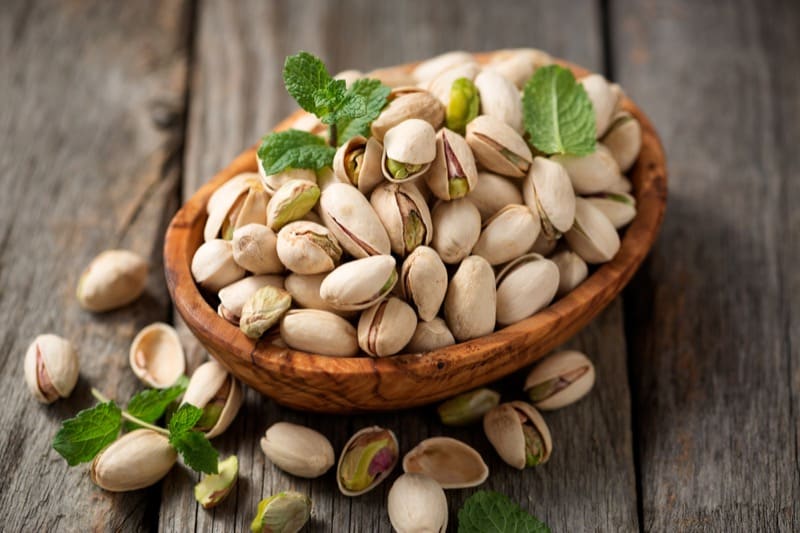As a teenager, you are at one of the most important stages of growth and development. Proper nutrition is critical during these years because your body is undergoing rapid physical, emotional, and mental changes. In this article, we will explore the essential nutrients teens need to stay healthy, how to balance their diet, and tips for building healthy eating habits that will last a lifetime. Whether you’re a parent trying to guide your teen, or a teen looking to improve your eating habits, this post will give you the information you need to make informed choices.
Why Nutrition is So Important for Teenagers
Proper nutrition during adolescence is crucial because this is a time when the body is undergoing significant physical changes. Teenagers experience:
- Growth spurts: Height and weight gain occur rapidly.
- Hormonal changes: Puberty triggers hormonal shifts that impact metabolism, bone density, and muscle mass.
- Cognitive development: Brain development is ongoing, which impacts memory, learning, and mood regulation.
- Increased physical activity: Teenagers tend to be more active, which increases their energy requirements.
Good nutrition is essential to support these changes. It ensures that teenagers have the energy they need for their daily activities, helps them build strong bones and muscles, improves cognitive function, and fosters emotional well-being.
Key Nutrients Teens Need for Healthy Growth
1. Protein – Building Blocks of the Body
Protein is essential for growth, repair, and maintenance of tissues, and it plays a significant role in building muscle mass during the teenage years. It’s also critical for the immune system and the production of enzymes and hormones. Teenagers need more protein than children because their bodies are growing rapidly.
Sources of Protein:
- Lean meats (chicken, turkey)
- Fish and seafood
- Eggs
- Dairy products (milk, yogurt, cheese)
- Plant-based options (lentils, beans, tofu, quinoa, nuts)
Teenagers should aim to include a source of protein in every meal to support muscle and tissue development. A typical serving size for teens is about 2-3 ounces of meat or 1/2 cup of beans.
2. Carbohydrates – Your Body’s Primary Energy Source
Carbohydrates are the body’s main source of energy, and they are especially important for active teenagers. During the teenage years, many teens are highly active with sports, extracurricular activities, and social events. Carbs fuel the muscles and brain, allowing teens to perform their best.
Sources of Healthy Carbohydrates:
- Whole grains (brown rice, whole wheat bread, oats)
- Fruits and vegetables
- Legumes (beans, peas)
- Potatoes and sweet potatoes
It’s important for teens to focus on complex carbohydrates such as whole grains, which provide more fiber, vitamins, and minerals compared to refined carbs like white bread and sugary snacks.
3. Healthy Fats – For Brain and Heart Health
While fats often get a bad reputation, healthy fats are essential for brain development, hormone production, and cell function. Teenagers need healthy fats to support these processes, as well as to maintain healthy skin and hair.
Sources of Healthy Fats:
- Avocados
- Nuts and seeds (almonds, chia seeds, flaxseeds)
- Fatty fish (salmon, mackerel)
- Olive oil, coconut oil
These healthy fats are particularly important for brain health, as they help with cognitive functions like learning, memory, and focus.
4. Vitamins and Minerals – For Growth and Development
Vitamins and minerals are micronutrients that play a crucial role in maintaining the body’s overall health. Some of the most important vitamins and minerals for teenagers include:
- Calcium: Supports the development of strong bones and teeth. As teens grow, they need plenty of calcium to build bone density that will last throughout their lives. Dairy products, leafy greens, and fortified plant-based milk are good sources.
- Vitamin D: Works with calcium to promote bone health and helps the body absorb calcium. Vitamin D can be obtained from sunlight, fatty fish, and fortified foods.
- Iron: Essential for the production of hemoglobin, which carries oxygen throughout the body. Iron is especially important for teenage girls, who lose iron through menstruation. Iron-rich foods include lean meats, beans, spinach, and fortified cereals.
- Magnesium: Important for muscle and nerve function, as well as maintaining a healthy immune system. Sources include nuts, seeds, whole grains, and leafy greens.
5. Fiber – For Digestive Health
Fiber plays an important role in digestion and helps regulate blood sugar levels. Teenagers should aim for at least 25 grams of fiber per day to maintain a healthy digestive system.
Sources of Fiber:
- Whole grains (whole wheat bread, brown rice, oatmeal)
- Fruits and vegetables
- Beans and legumes
- Nuts and seeds
A high-fiber diet helps prevent constipation and supports long-term gut health, which is critical for overall well-being.
6. Water – Staying Hydrated
Water is essential for virtually every bodily function, including temperature regulation, nutrient transport, and waste removal. Teenagers often forget to drink enough water, especially if they are busy with school and activities.
It’s important for teens to stay hydrated throughout the day, particularly if they are physically active. Aim for at least 8-10 cups of water a day, more if exercising or in hot weather. Limit sugary drinks like soda and sports drinks, which provide empty calories without offering nutritional value.
Building a Balanced Diet for Teenagers
A balanced diet for teenagers should include a variety of whole, nutrient-dense foods. The goal is to ensure that they receive all the essential nutrients in appropriate amounts to fuel their body’s growth and development.
1. Meal Planning
A well-balanced meal for a teenager should include:
- A lean protein source (e.g., chicken, fish, tofu, eggs).
- Whole grains (e.g., quinoa, brown rice, whole wheat bread).
- Fruits and vegetables: Aim for at least 5 servings of fruits and vegetables per day, emphasizing variety and color.
- Healthy fats: Include sources of unsaturated fats like olive oil, avocados, and nuts.
- Dairy or dairy alternatives: These are important for calcium and vitamin D intake.
2. Avoiding Empty Calories
Teenagers often have a preference for junk food, sugary snacks, and fast food, which provide “empty calories.” These are foods high in sugar and fats but low in nutrients. While it’s okay to indulge occasionally, these foods should not make up a large portion of the diet.
- Limit sugary beverages: Soda, energy drinks, and sweetened teas are high in sugar and calories. Opt for water, herbal teas, or milk instead.
- Limit processed snacks: Chips, cookies, and packaged snacks are often high in sodium, unhealthy fats, and sugar.
3. Snacking Smart
Snacking can be a great way to fuel a teenager’s body between meals. Healthy snack options include:
- Fresh fruits (e.g., apple slices with peanut butter).
- Yogurt with nuts and seeds.
- Veggies with hummus.
- Whole grain crackers with cheese.
- A handful of nuts or trail mix.
Promoting Healthy Eating Habits
Teenagers often develop eating habits that can carry over into adulthood, so it’s important to foster healthy eating habits during these formative years. Here are some tips to encourage healthy eating:
- Be a role model: Set an example by eating healthy foods and prioritizing nutrition.
- Involve them in meal planning and preparation: Let teens help with grocery shopping, meal prepping, and cooking to develop a better understanding of nutrition.
- Encourage balance: Emphasize that eating is about balance, not restriction. It’s okay to have treats in moderation.
- Avoid food shaming: Be positive about food choices. Focus on the health benefits of eating nutritious foods rather than labeling food as “good” or “bad.”
- Support physical activity: A healthy diet combined with regular exercise supports optimal growth, mental health, and overall well-being.
Tips for Building Healthy Eating Habits
1. Eat Balanced Meals
A balanced meal includes a variety of food groups: protein, carbohydrates, fats, and vegetables. Encourage teens to fill half of their plate with fruits and vegetables, one-quarter with lean protein, and one-quarter with whole grains.
2. Plan Ahead and Pack Snacks
Teenagers are often on the go, so packing healthy snacks like nuts, fruit, or yogurt can help prevent them from reaching for unhealthy options. Having a mix of protein, fiber, and healthy fats in snacks helps maintain energy levels.
3. Limit Processed and Junk Foods
While it’s okay to enjoy treats occasionally, teens should avoid eating too many processed or fast foods. These foods are often high in unhealthy fats, sugars, and sodium, which can contribute to weight gain and other health problems.
4. Involve Teens in Meal Prep
If you’re a parent, involve your teen in planning and preparing meals. This teaches them valuable cooking skills and empowers them to make healthier food choices.
5. Encourage Mindful Eating
Encourage teens to pay attention to hunger and fullness cues. This can help prevent overeating and promote healthier relationships with food.
Real-Life Scenario
Consider a 15-year-old student who often skips breakfast and relies on fast food for lunch. Over time, they may experience fatigue, poor concentration, and reduced performance in sports or academics. By replacing processed snacks with fruits, nuts, and whole grains, energy levels and focus improve significantly — proving that small dietary shifts make a big difference.
Expert Contribution
Nutritionists emphasize that teenagers need more calcium and iron than at any other stage of life.
- Calcium supports bone growth, especially during puberty.
- Iron helps prevent anemia and boosts energy levels.
Experts also recommend limiting sugary drinks and focusing on water and milk for hydration. Regular family meals can encourage better eating habits and communication.
Recommendations Grounded in Proven Research and Facts
Sleep well: Nutrition and rest work hand-in-hand for healthy development.
Eat a balanced diet: Include at least five servings of fruits and vegetables daily.
Prioritize protein: Eggs, fish, lentils, and lean meats help muscle growth.
Choose whole grains: Replace white bread and rice with whole-grain options.
Limit junk food: Reduce fried and sugary snacks that lead to obesity and acne.
Stay hydrated: 6–8 glasses of water daily keep the body active and alert.
Frequently Asked Questions (FAQ) on Nutrition for Teenagers
1. How many calories should a teenager eat per day?
The calorie needs of teenagers vary depending on their age, sex, and activity level. On average, teens need about 1,800 to 2,400 calories per day. Active boys may need up to 3,000 calories, while active girls may need around 2,400 calories.
2. How can I make sure my teen is getting enough calcium?
To ensure your teen gets enough calcium, offer dairy products like milk, cheese, and yogurt. Non-dairy alternatives like fortified plant milk and leafy greens (such as spinach and kale) are also good sources of calcium.
3. Why is iron important for teenage girls?
Teenage girls need extra iron due to menstruation, which increases iron loss. Low iron levels can lead to anemia, causing fatigue and weakness. Iron-rich foods like lean meats, beans, and fortified cereals should be included in their diets.
4. What are the best snacks for a teenager?
Healthy snacks include fruits, nuts, yogurt, whole-grain crackers with hummus, or a smoothie made with fruit and spinach. Avoid sugary snacks or those high in refined carbs.
References
The Academy of Nutrition and Dietetics: This organization provides evidence-based information on nutrition and health. You can find their website here: https://www.eatright.org/
The National Institute of Health (NIH): The NIH is a federal agency that conducts and supports medical research. Their website provides information on a variety of health topics, including nutrition. You can find their website here: https://www.nih.gov/
The Centers for Disease Control and Prevention (CDC): The CDC provides information on public health issues, including nutrition. You can find their website here: https://www.cdc.gov/



